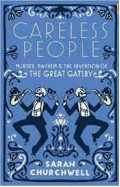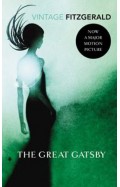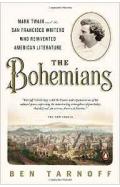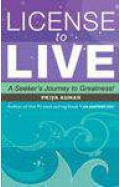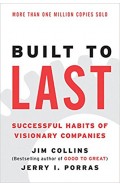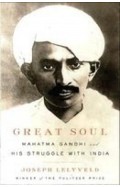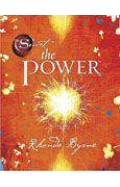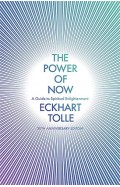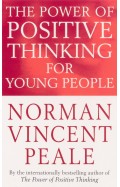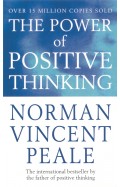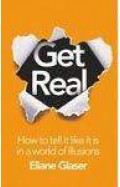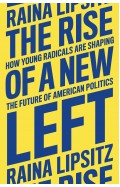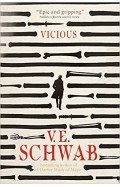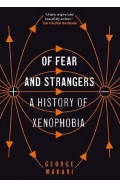- Home
- The Language of War - Literature and Culture in the U.S. from the Civil War Through World War II
The Language of War - Literature and Culture in the U.S. from the Civil War Through World War II
By: James Dawes
-
Rs 340.00
- Rs 400.00
- 15%
You save Rs 60.00.
Due to constant currency fluctuation, prices are subject to change with or without notice.
The consensus approach in literary studies over the past twenty years has been to treat language as an extension of violence. The idea that there might be an inverse relation between language and violence, says Dawes, has all too rarely influenced the dominant voices in literary studies today. This is an ambitious project that not only makes a serious contribution to Americ
The consensus approach in literary studies over the past twenty years has been to treat language as an extension of violence. The idea that there might be an inverse relation between language and violence, says Dawes, has all too rarely influenced the dominant voices in literary studies today. This is an ambitious project that not only makes a serious contribution to Americ
The Language of War - Literature and Culture in the U.S. from the Civil War Through World War II
By: James Dawes
Rs 340.00 Rs 400.00 Ex Tax :Rs 340.00
Zubin Mehta: A Musical Journey (An Authorized Biography)
By: VOID - Bakhtiar K. Dadabhoy
Rs 892.50 Rs 1,050.00 Ex Tax :Rs 892.50
Careless People: Murder Mayhem and the Invention of The Great Gatsby
By: Sarah Churchwell
Rs 1,297.50 Rs 2,595.00 Ex Tax :Rs 1,297.50
The Great Gatsby (Vintage Classics)
By: F. Scott Fitzgerald
Rs 998.75 Rs 1,175.00 Ex Tax :Rs 998.75
The Bohemians Mark Twain and the San Francisco Writers Who Reinvented American Literature
By: Ben Tarnoff
Rs 1,572.50 Rs 1,850.00 Ex Tax :Rs 1,572.50
Built to Last Successful Habits Of Visionary CompaniesAI
By: James C. Collins
Rs 4,045.50 Rs 4,495.00 Ex Tax :Rs 4,045.50
Great Soul Mahatma Gandhi And His Struggle With India
By: Joseph Lelyveld
Rs 731.25 Rs 975.00 Ex Tax :Rs 731.25
The Power Of Positive Thinking For Young People
By: Norman Vincen Peale
Rs 2,245.50 Rs 2,495.00 Ex Tax :Rs 2,245.50
Get Real: How To Tell It Like It Is In A World of Illusions
By: Eliane Glaser
Rs 531.25 Rs 625.00 Ex Tax :Rs 531.25
Careless People: Murder Mayhem and the Invention of The Great Gatsby
By: Sarah Churchwell
Rs 1,297.50 Rs 2,595.00 Ex Tax :Rs 1,297.50
The Great Gatsby (Vintage Classics)
By: F. Scott Fitzgerald
Rs 998.75 Rs 1,175.00 Ex Tax :Rs 998.75
The Bohemians Mark Twain and the San Francisco Writers Who Reinvented American Literature
By: Ben Tarnoff
Rs 1,572.50 Rs 1,850.00 Ex Tax :Rs 1,572.50
Paris in Bloom Notebook (Floral Ceiling)
By: Georgianna Lane
Rs 1,525.75 Rs 1,795.00 Ex Tax :Rs 1,525.75
The Rise of a New Left: How Young Radicals Are Shaping the Future of American Politics
By: Raina Lipsitz
Rs 3,480.75 Rs 4,095.00 Ex Tax :Rs 3,480.75
Vicious: V.E. Schwab: 1 (The Villains Series)
By: V. E. Schwab
Rs 2,245.50 Rs 2,495.00 Ex Tax :Rs 2,245.50
Of Fear and Strangers - A History of Xenophobia
By: George Makari
Rs 6,795.75 Rs 7,995.00 Ex Tax :Rs 6,795.75
Zubin Mehta: A Musical Journey (An Authorized Biography)
By: VOID - Bakhtiar K. Dadabhoy
Rs 892.50 Rs 1,050.00 Ex Tax :Rs 892.50
The Language of War - Literature and Culture in the U.S. from the Civil War Through World War II
By: James Dawes
Rs 340.00 Rs 400.00 Ex Tax :Rs 340.00
Careless People: Murder Mayhem and the Invention of The Great Gatsby
By: Sarah Churchwell
Rs 1,297.50 Rs 2,595.00 Ex Tax :Rs 1,297.50
The Great Gatsby (Vintage Classics)
By: F. Scott Fitzgerald
Rs 998.75 Rs 1,175.00 Ex Tax :Rs 998.75
The Bohemians Mark Twain and the San Francisco Writers Who Reinvented American Literature
By: Ben Tarnoff
Rs 1,572.50 Rs 1,850.00 Ex Tax :Rs 1,572.50












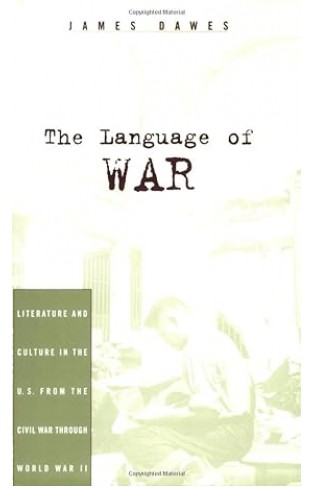
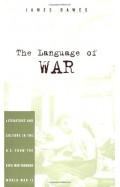
-120x187.jpg?q6)






